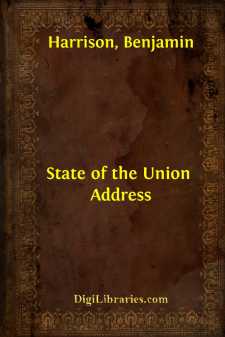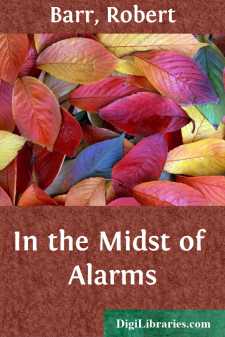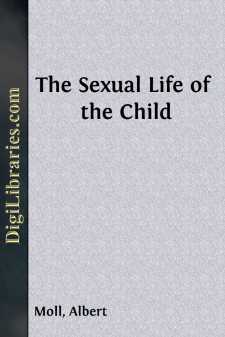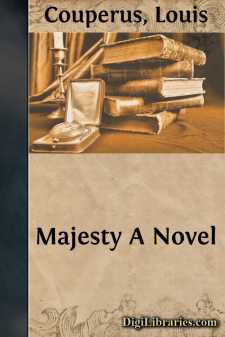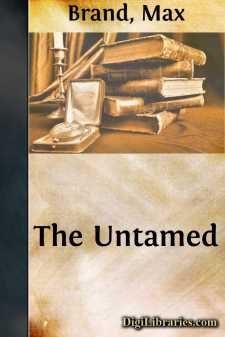Categories
- Antiques & Collectibles 13
- Architecture 36
- Art 48
- Bibles 22
- Biography & Autobiography 813
- Body, Mind & Spirit 142
- Business & Economics 28
- Children's Books 13
- Children's Fiction 10
- Computers 4
- Cooking 94
- Crafts & Hobbies 4
- Drama 346
- Education 46
- Family & Relationships 57
- Fiction 11828
- Games 19
- Gardening 17
- Health & Fitness 34
- History 1377
- House & Home 1
- Humor 147
- Juvenile Fiction 1873
- Juvenile Nonfiction 202
- Language Arts & Disciplines 88
- Law 16
- Literary Collections 686
- Literary Criticism 179
- Mathematics 13
- Medical 41
- Music 40
- Nature 179
- Non-Classifiable 1768
- Performing Arts 7
- Periodicals 1453
- Philosophy 64
- Photography 2
- Poetry 896
- Political Science 203
- Psychology 42
- Reference 154
- Religion 513
- Science 126
- Self-Help 84
- Social Science 81
- Sports & Recreation 34
- Study Aids 3
- Technology & Engineering 59
- Transportation 23
- Travel 463
- True Crime 29
Sort by:
CHAPTER I. The Children Carried Off by the Indians—The Feast in the Wigwam—Souwanas, the Story-teller—Nanahboozhoo, the Indian Myth—How the Wolves Stole His Dinner, and Why the Birch Tree Bark is Scarred—Why the Raccoon has Rings on His Tail. Without even knocking at the door there noiselessly entered our northern home two large, unhandsome Indians. They paid not the slightest attention to...
more...
TO HILAIRE BELLOC For every tiny town or placeGod made the stars especially;Babies look up with owlish faceAnd see them tangled in a tree:You saw a moon from Sussex Downs,A Sussex moon, untravelled still,I saw a moon that was the town's,The largest lamp on Campden Hill. Yea; Heaven is everywhere at homeThe big blue cap that always fits,And so it is (be calm; they comeTo goal at last, my wandering...
more...
To the Senate and House of Representatives: There are few transactions in the administration of the Government that are even temporarily held in the confidence of those charged with the conduct of the public business. Every step taken is under the observation of an intelligent and watchful people. The state of the Union is known from day to day, and suggestions as to needed legislation find an earlier...
more...
by:
Samuel McHarry
When I first entered on the business of Distilling, I was totally unacquainted with it. I was even so ignorant of the process, as not to know that fermentation was necessary, in producing spirits from grain. I had no idea that fire being put under a still, which, when hot enough, would raise a vapour; or that vapour when raised, could be condensed by a worm or tube passing through water into a liquid...
more...
by:
Edward Hayes
INTRODUCTORY NOTE Sir Humphrey Gilbert, the founder of the first English colony in North America, was born about 1539, the son of a Devonshire gentleman, whose widow afterward married the father of Sir Walter Raleigh. He was educated at Eton and Oxford, served under Sir Philip Sidney's father in Ireland, and fought for the Netherlands against Spain. After his return he composed a pamphlet urging...
more...
The man with the pith helmet had his back toward me. Hunched forward, he was screaming at the girl in the lens of his camera. "Don't just stand there, Dotty! Move! Do something! Back up toward that column with inscriptions on it...." The girl was tall and longlegged with ideal body proportions, her features and skin coloring a perfect norm-blend with no throwback elements. Right now she...
more...
by:
Robert Barr
CHAPTER I. In the marble-floored vestibule of the Metropolitan Grand Hotel in Buffalo, Professor Stillson Renmark stood and looked about him with the anxious manner of a person unused to the gaudy splendor of the modern American house of entertainment. The professor had paused halfway between the door and the marble counter, because he began to fear that he had arrived at an inopportune time, that...
more...
by:
Albert Moll
INTRODUCTION Dr. Moll is a gifted physician of long experience whose work with those problems of medicine and hygiene which demand scientific acquaintance with human nature has made him well known to experts in these fields. In this book he has undertaken to describe the origin and development, in childhood and youth, of the acts and feelings due to sex; to explain the forces by which sex-responses are...
more...
by:
Louis Couperus
The betting-book in one of London's oldest and most famous clubs contains a wager, with odds laid at one hundred sovereigns to ten, that "within five years there will not remain two crowned heads in Europe." The condition—"in the event of war between Great Britain and Germany"—was imposed by the date of the wager, for one member was venturing his hundred to ten at a moment when...
more...
by:
Max Brand
CHAPTER I PAN OF THE DESERT Even to a high-flying bird this was a country to be passed over quickly. It was burned and brown, littered with fragments of rock, whether vast or small, as if the refuse were tossed here after the making of the world. A passing shower drenched the bald knobs of a range of granite hills and the slant morning sun set the wet rocks aflame with light. In a short time the hills...
more...




